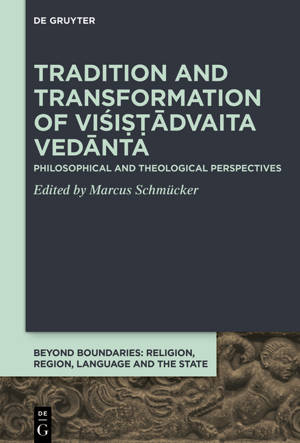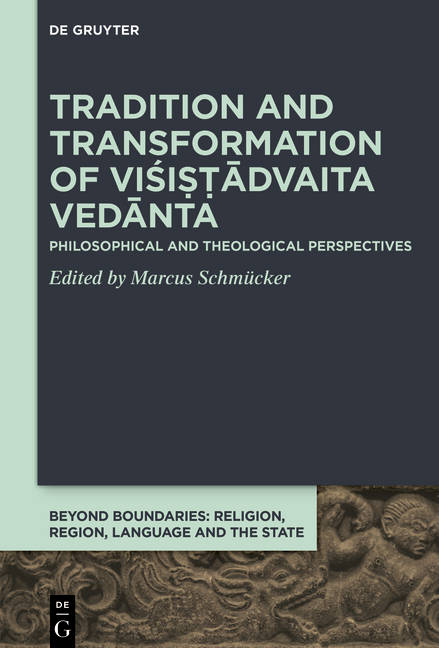
- Retrait gratuit dans votre magasin Club
- 7.000.000 titres dans notre catalogue
- Payer en toute sécurité
- Toujours un magasin près de chez vous
- Retrait gratuit dans votre magasin Club
- 7.000.0000 titres dans notre catalogue
- Payer en toute sécurité
- Toujours un magasin près de chez vous
Tradition and Transformation of Viśiṣṭādvaita Vedānta
Philosophical and Theological Perspectives
Description
What influences the development and religious identity of a tradition like Viśiṣṭādvaita Vedānta? This volume examines the multifaceted formation of Viśiṣṭādvaita Vedānta and its interactions with other Indian philosophical and religious traditions, including Mīmāṃsā, Sāṅkhya, Yoga, Pañcarātra, and Pāśupata. It highlights the tradition's influence on and integration of these schools, addressing theological, epistemological, and metaphysical issues. Key contributions analyze the work of seminal figures in this tradition like Yāmuna, Rāmānuja, and Veṅkaṭanātha (Vedāntadeśika), focusing on their systematic integration of Pūrva Mīmāṃsā principles, the concept of prapatti (self-surrender), and their engagement with scriptural interpretation. Essays also delve into the role of the goddess, free will, and the complex relationship between God, the Veda, and the cosmic aeons.
This collection offers profound insights into the theological and philosophical dynamics of Viśiṣṭādvaita Vedānta, making it essential for scholars of Indian philosophy, comparative theology, and intellectual history.
Spécifications
Parties prenantes
- Editeur:
Contenu
- Nombre de pages :
- 300
- Langue:
- Anglais
- Collection :
- Tome:
- n° 12
Caractéristiques
- EAN:
- 9783110781007
- Date de parution :
- 14-10-25
- Format:
- Livre relié
- Format numérique:
- Genaaid
- Dimensions :
- 155 mm x 230 mm

Les avis
Nous publions uniquement les avis qui respectent les conditions requises. Consultez nos conditions pour les avis.





